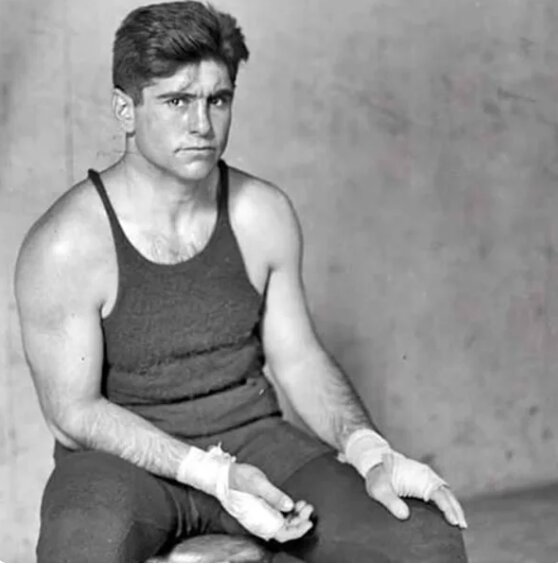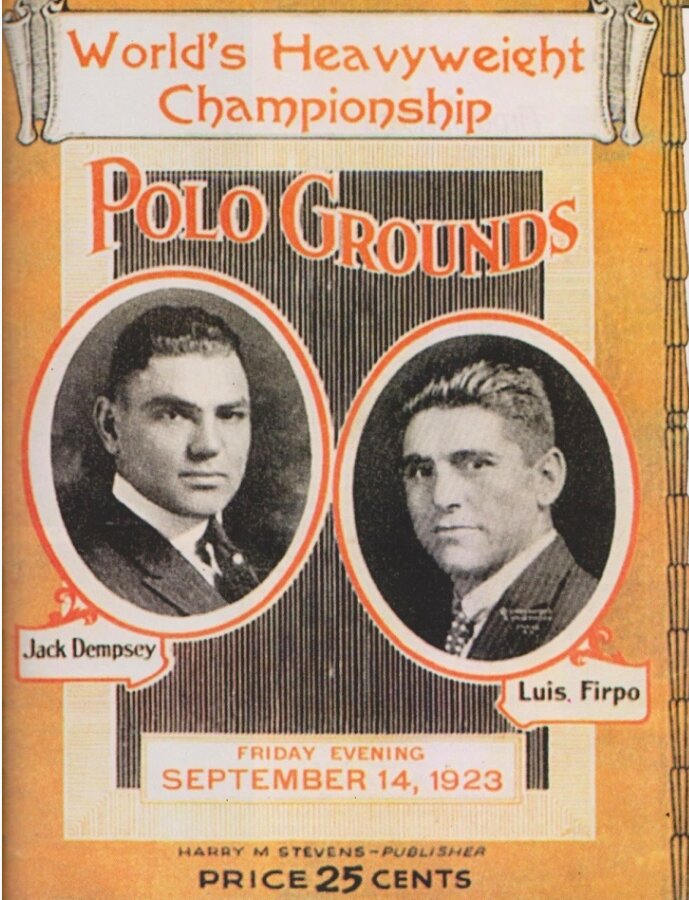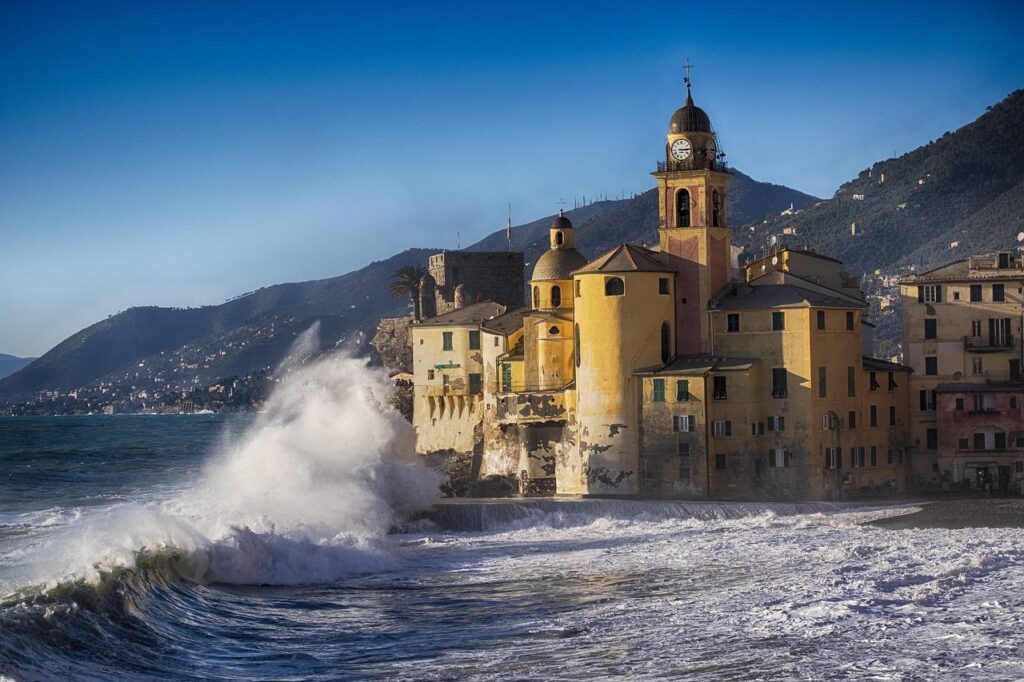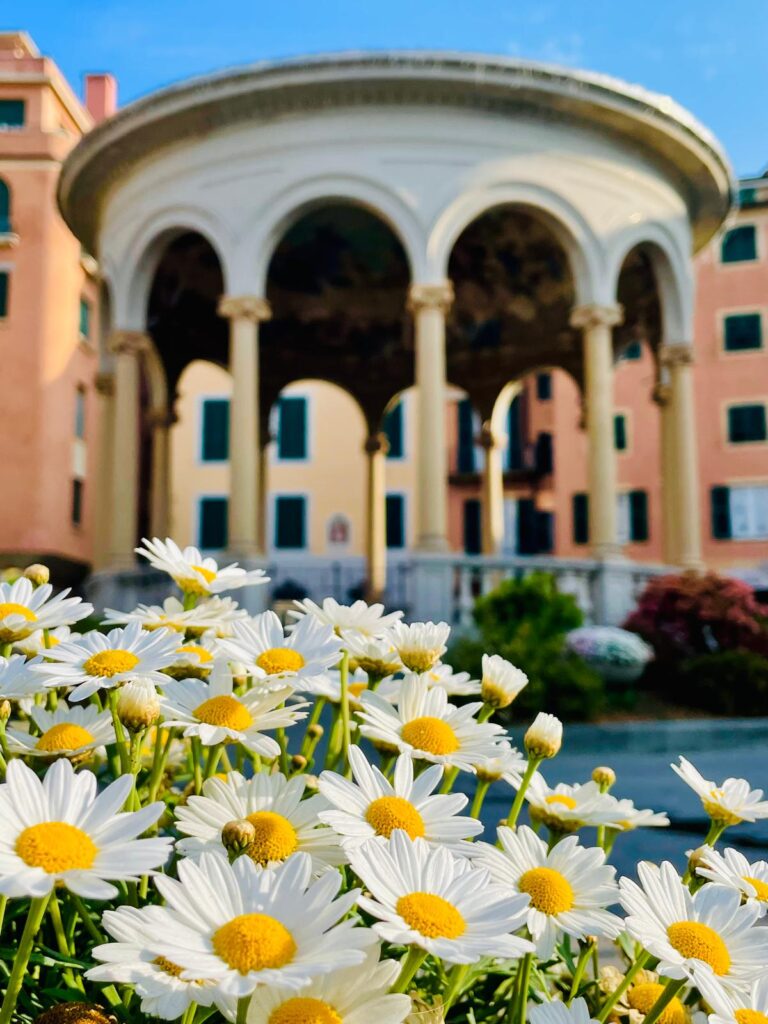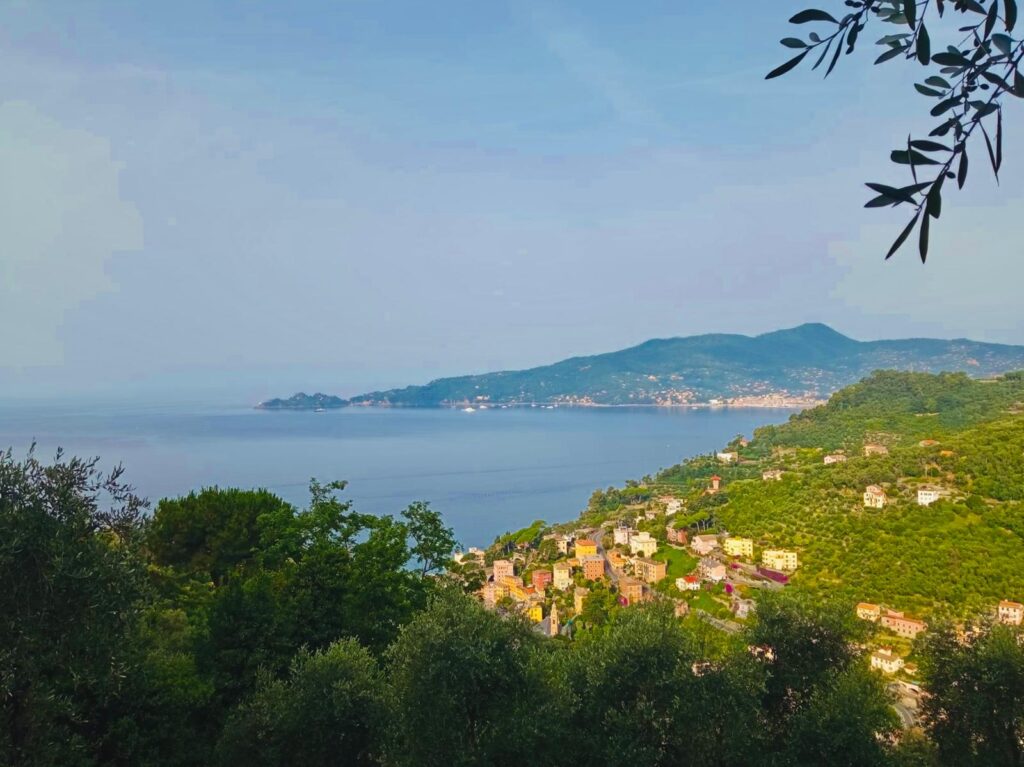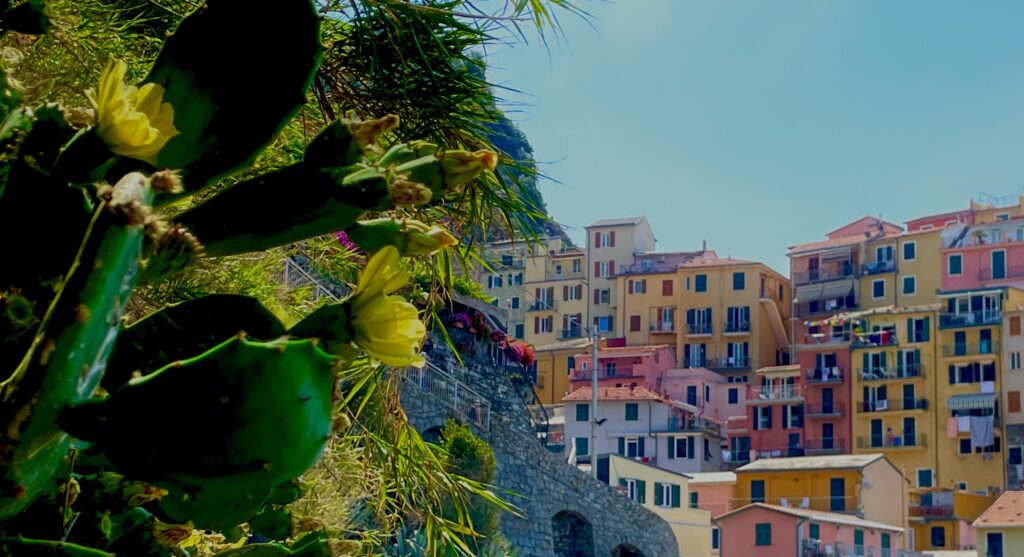There are Genoese emigrants who have distinguished themselves in different fields, one of them is sport.
Agustín Firpo, of Genoese origin, emigrated to Argentina in 1887. He decided to settle in Junín (province of Buenos Aires) where, a year later, he married Ángela Larrosa, an immigrant woman of Spanish origin.
He gave birth to four children and became a champion worthy of being counted in the World Boxing Hall of Fame.
Firpo in Buenos Aires
At the age of 12, Luis Angel had to move to Buenos Aires, to an aunt’s house, to undergo some medical treatment, as he suffered from hearing problems.
Luis Angel tried to collaborate in the economy of his new house, starting to do different jobs.
He started as a cadet in a pharmacy and then, over the years, worked as a stevedore at the port, bricklayer, dishwasher until he arrived at the brick factory of Felix Bunge, an important merchant in Buenos Aires and son of German immigrants.
There, Luis Ángel was working as a tax collector and one afternoon, on his way back to work, he was attacked by three thugs who tried to steal his money. Surprisingly, being a shy and shy boy, he managed to foil the robbery by unleashing a natural talent in wrestling and leaving the delinquents slumped on the sidewalk.
Felix Bunge, attentive to the potential of his employee, decided to enroll him in a boxing club: it was the beginning of that 1.95m tall silent giant that would begin his professional career on December 10, 1917.
Success in boxing
During his career, Firpo defeated men such as Jess Willard, Bill Brennan, Homer Smith, Charley Weinert, Erminio Spalla, Al Reich, Dave Mills, Jack Herman, and Walter Lodge.
Among his many fights, it was the one on September 14, 1923 at the Polo Ground in New York that made him a legend. He faced Jack Dempsey in the heavyweight bout of the century.
In the first round, Dempsey, who was the favorite with 80,000 people watching the fight, managed to get Luis 7 times to the mat. But in the second round, Firpo, despite fighting with a broken left humerus, landed a spectacular right hook that knocked Dempsey out of the ring, leaving him lying on the typewriters of astonished reporters trying to capture the fight.
The fight ended with Dempsey winning, with a controversial ruling as the 17 seconds Dempsey was left out of the ring after Firpo’s right-hander was not counted. But that didn’t stop Luis Angel Firpo from becoming, that night, the unforgettable “Bull of the Pampas”, a nickname given to him by the New York journalist and writer Damon Runyon.
Luis Angel Firpo “The Bull of the Pampas” retired from boxing in 1936, at the age of 41. With 42 fights, 31 wins, including 26 by knockout.
On December 7, 2023, 87 years later, that giant of Ligurian origin who entered the history of world sport, was selected to enter the World Boxing Hall of Fame in the “Old Timers” category in Canastota New York.
